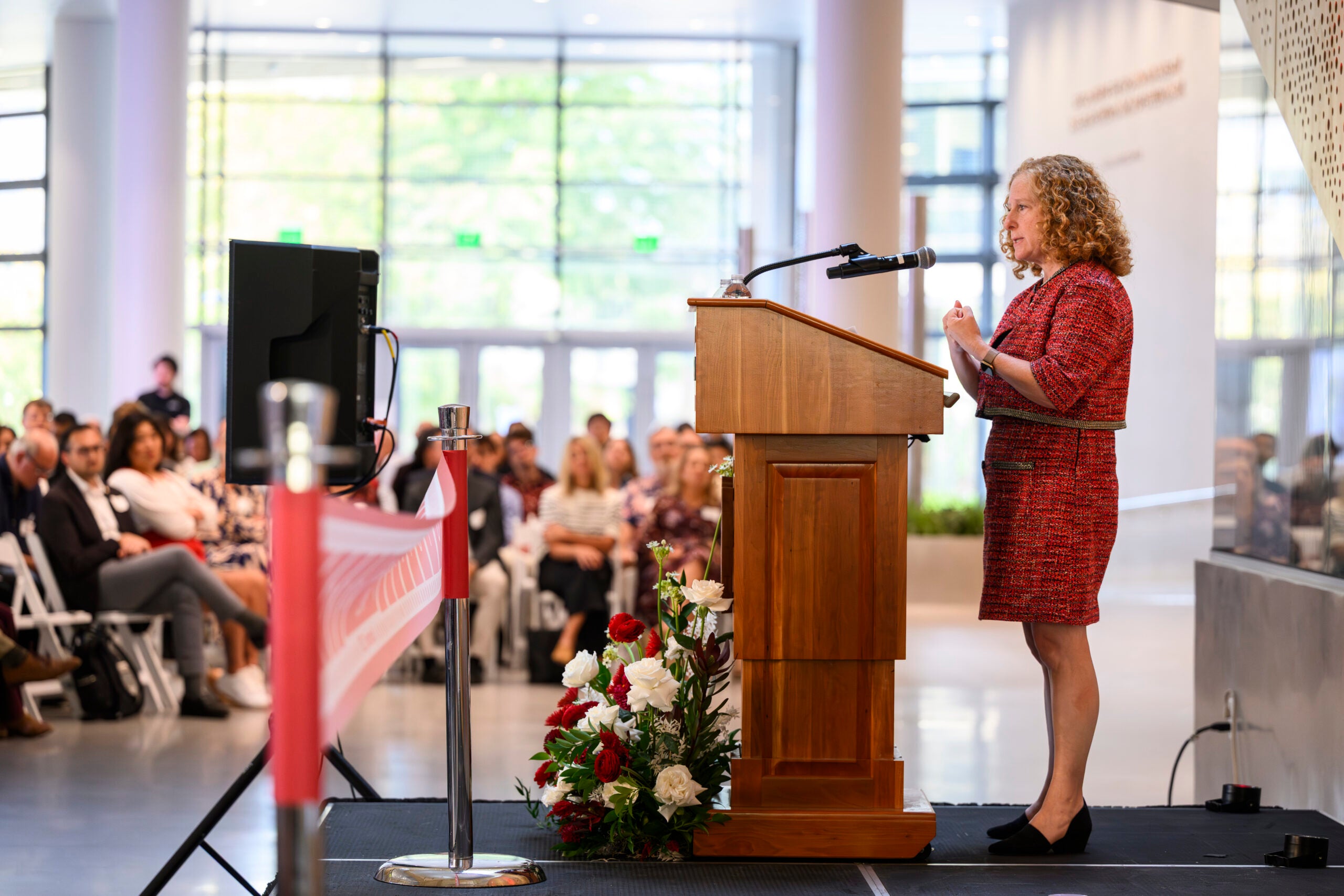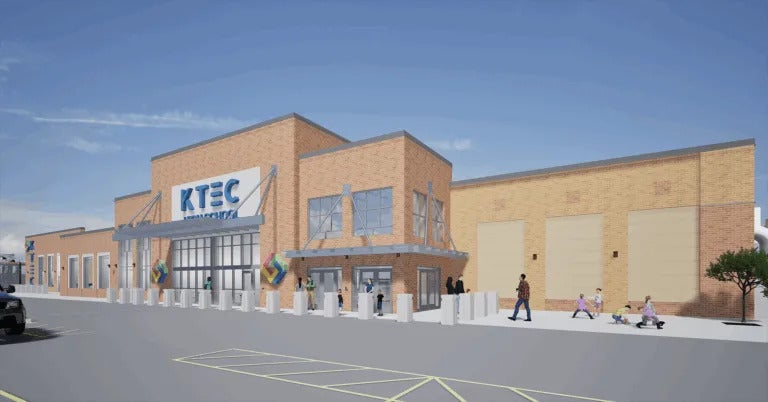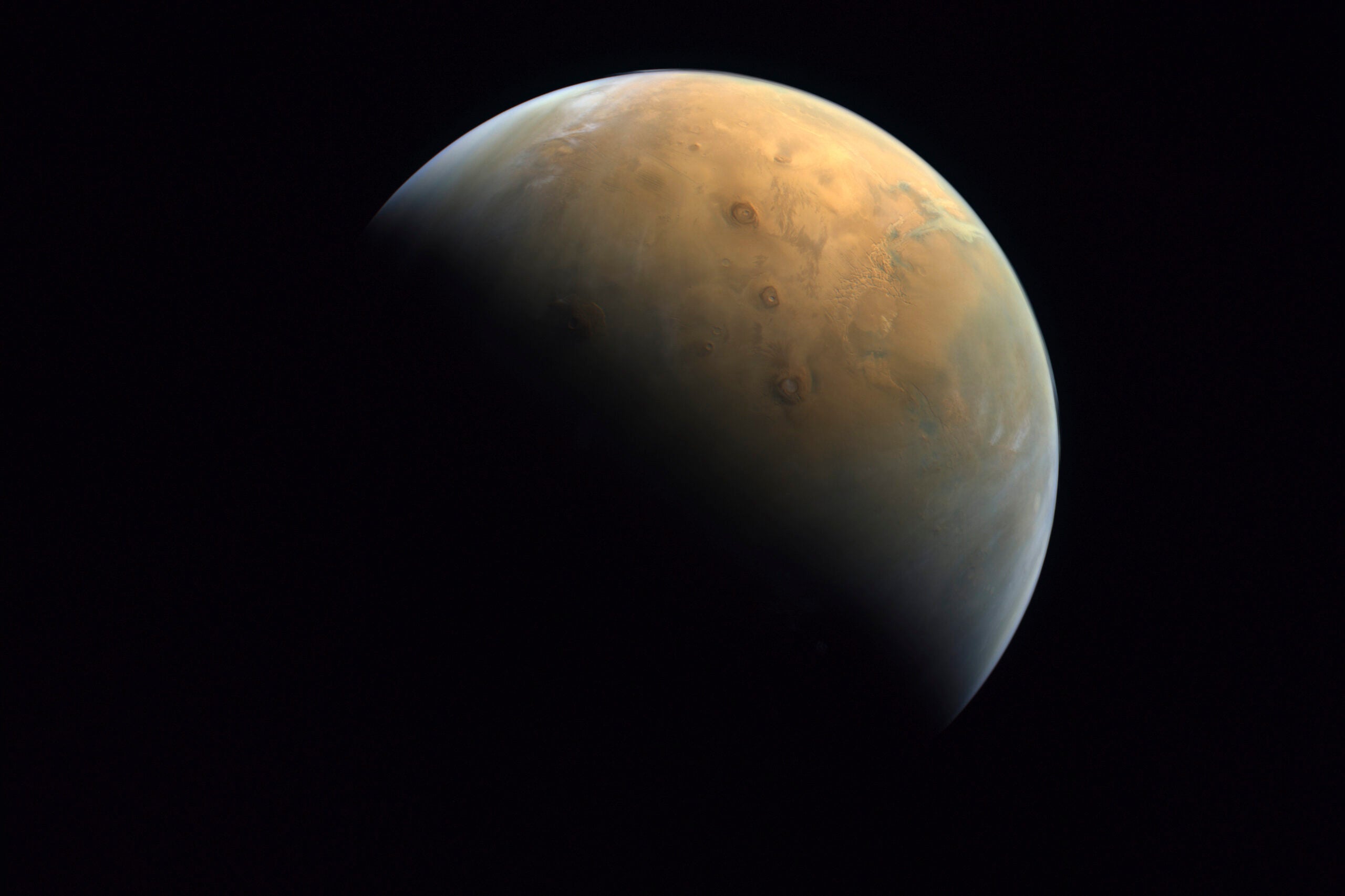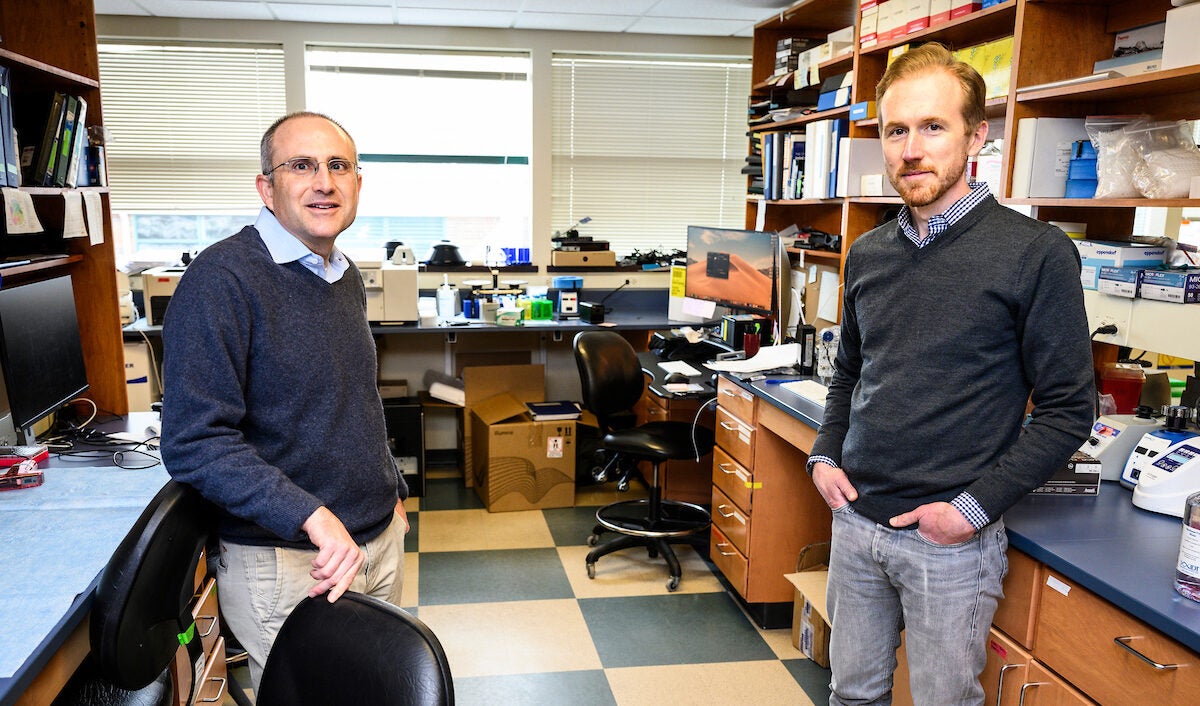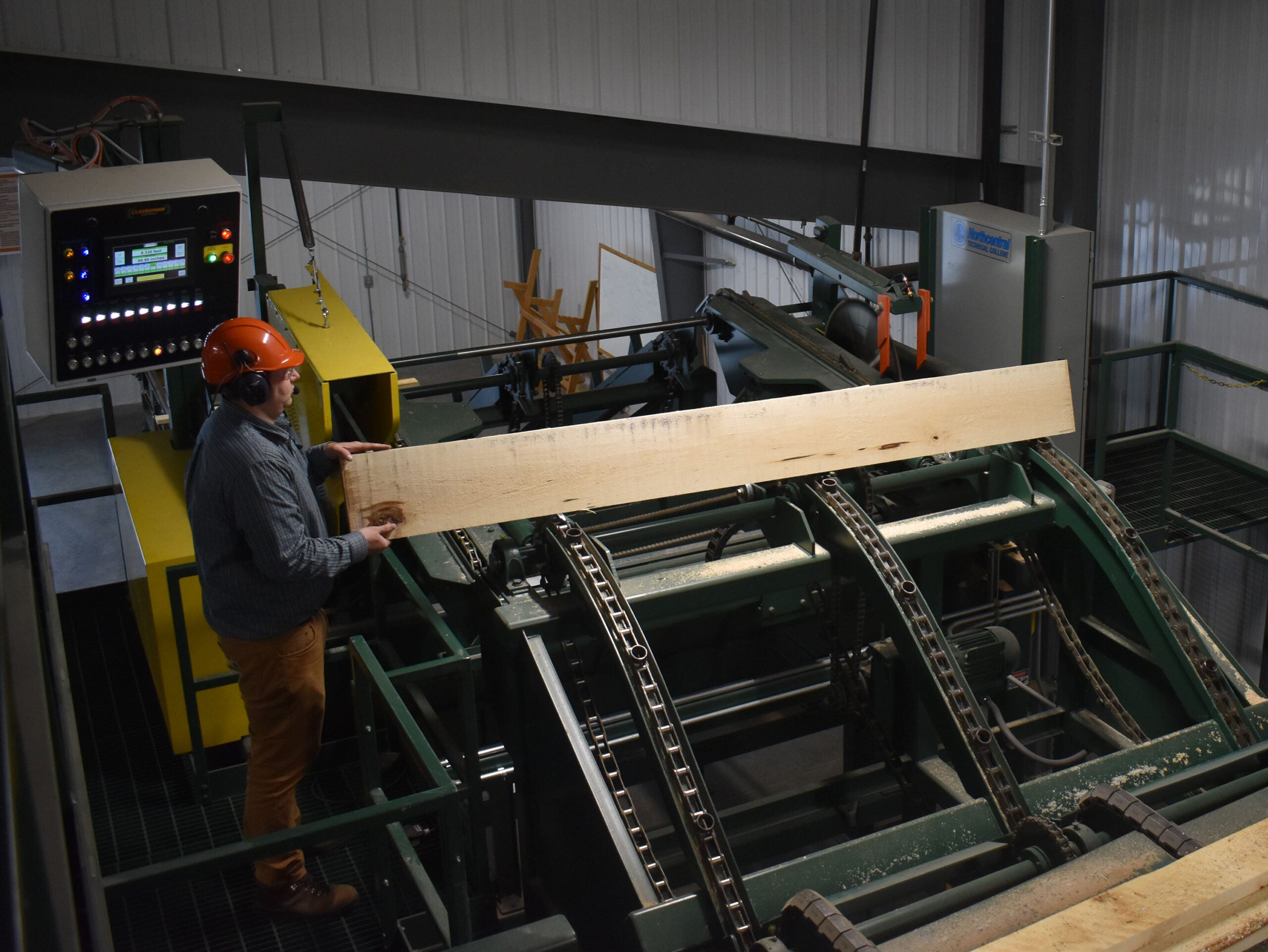NASA-funded research is underway at a few Wisconsin community colleges. The work stems from the Wisconsin Space Grant Consortium and some participants say the findings could have a national impact.
One of the programs that schools are participating in is the Tethered Aerostat Program, meaning students use instruments like mini hot air balloons to collect data.
At Western Technical College, students are researching how to use microwaves instead of power cords to move electricity from one place to another. Consumers are seeing this more with charging cellphones wirelessly, but future applications could be placing solar panels in orbit and beaming electricity down to Earth.
News with a little more humanity
WPR’s “Wisconsin Today” newsletter keeps you connected to the state you love without feeling overwhelmed. No paywall. No agenda. No corporate filter.
Physics instructor and TAP faculty mentor Dr. Mike LeDocq said the college does not generally have formal research opportunities, but this program opens the doors for students.
He said it’s part of a bigger effort by NASA to involve more two-year college students in research.
“Part of the project is to bring students into what we call the NASA pipeline. So, get them trained in technical areas that might be of interest so they can potentially be employed by NASA and/or companies that work with them,” LeDocq said.
LeDocq said he hopes funding can continue and the program expands in the future.
College of Menominee Nation students are using the blimps to monitor the health of a sustainable forest.
At University of Wisconsin-Fox Valley, the students’ experiments are focused on atmospheric health and they’re looking at the gases and pollutants in the air.
Wisconsin Public Radio, © Copyright 2025, Board of Regents of the University of Wisconsin System and Wisconsin Educational Communications Board.


